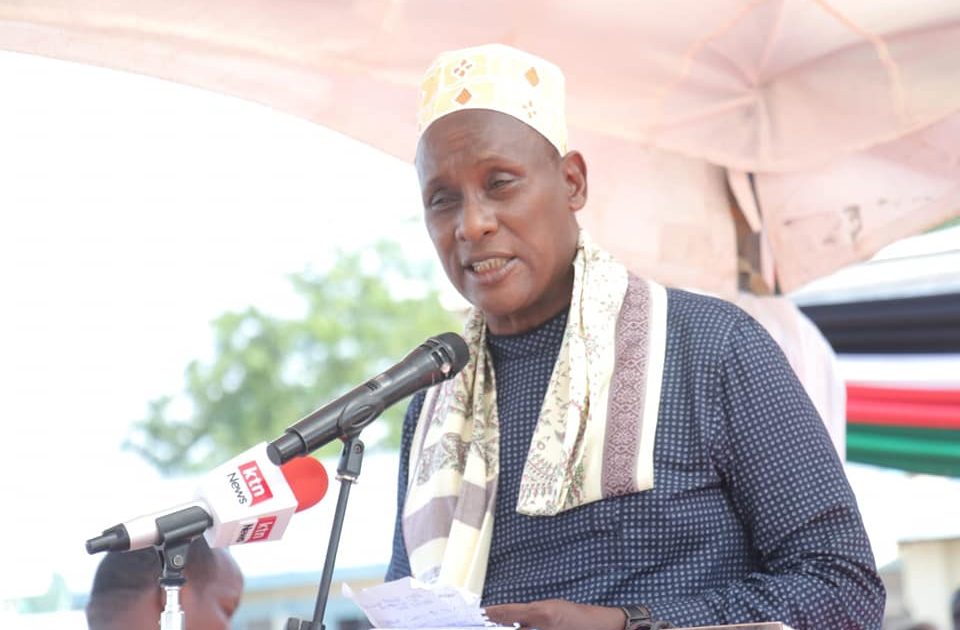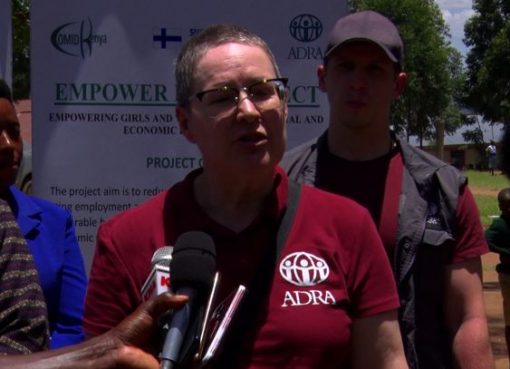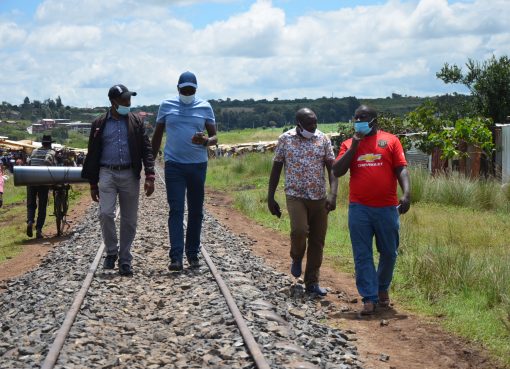Kenyans whose fingerprints were captured in the United Nations High Commission for Refugees (UNHCR) database have sigh of relief after the government removed the thumbprints and issued them with national identity cards.
Victims who spoke to KNA said that it has been a tedious journey in acquiring the ID cards that had denied them access to government services, employment opportunities, travel, open businesses or opening of bank accounts.
The influx of Somalia aliens at the vast Dadaab Refugee Camp in the early 90s coincided with prolonged drought in North Eastern Kenya that almost wiped out their livestock, the local’s lifeline.
This forced tens of thousands of Kenyans to register themselves as refugees to get opportunities from the free rations, free education, free shelter as well as health provided by the UNHCR to the refugees in the camps and later the third party repatriation to European countries.
About 40,000 Kenyans are estimated to be in the UN refugee agency’s database.
Speaking after delivering 12,500 ID cards at the Garissa Primary School, Interior CAS Hussein Dado said that the government is keen to make sure that all eligible Kenyans regarded as refugees receive their ID cards.
Dado said that the government will conduct continuous vetting for the affected citizens and issue them with their Identity Cards within the shortest time possible.
The CAS urged the beneficiaries to support government development efforts and shun all activities that compromise the security of the Country.
“For those who are going to receive their identity cards today, you are no longer stateless or a refugee. Please be responsible Kenyans and support the government that has remembered you,” Dado said.
“I want to ask the county commissioner and all NGAO officers to help us in distributing these IDs to their owners even in the villages. Some of these people cannot afford transport to come to the county or sub county headquarters to collect their cards,” he added.
The CAS further urged the residents to register as voters in the ongoing second phase mass voter registration for the August 9 General Elections.
According to a senior national registrar of persons based at the Garissa County offices who sought anonymity, there are 1,500 applications with photo defects that have been rectified and would be delivered to their owners soon.
He said that another 8,000 have issues to do with fingerprints, missing meeting minutes of the vetting exercise among others that have been recalled. “We shall soon rectify the mistakes and issue them with their ID cards,” he said.
The official added that there are over 15,000 other eligible victims spread across the country who gave up on the exercise that kicked off in 2020.
In August last year, Haki na Sheria organization filed a petition in court challenging what they termed as violations of the victim’s citizenship rights, popularly known as ‘double registered’.
Haki Na Sheria alleged that the victims had continued to suffer under a cloud of uncertainty as they were unable to secure identity cards since they were regarded as refugees.
Present during the function were Director for National Registration Board Reuben Kimotho, Commissioner for Refugee Affairs Kodeck Makori, Garissa County Commissioner Boaz Cherutich and County Secretary Abdi Sheikh.
Politicians present were Garissa Senator Abdul Haji, MPs Mohamed Dahiye (Dadaab), Mohamed Hire (Lagdera), Mohamud Sheikh (Wajir South), Sofia Abdi (Ijara) and Abdikarim Osman (Fafi).
By Erick Kyalo and Jacob Songok





